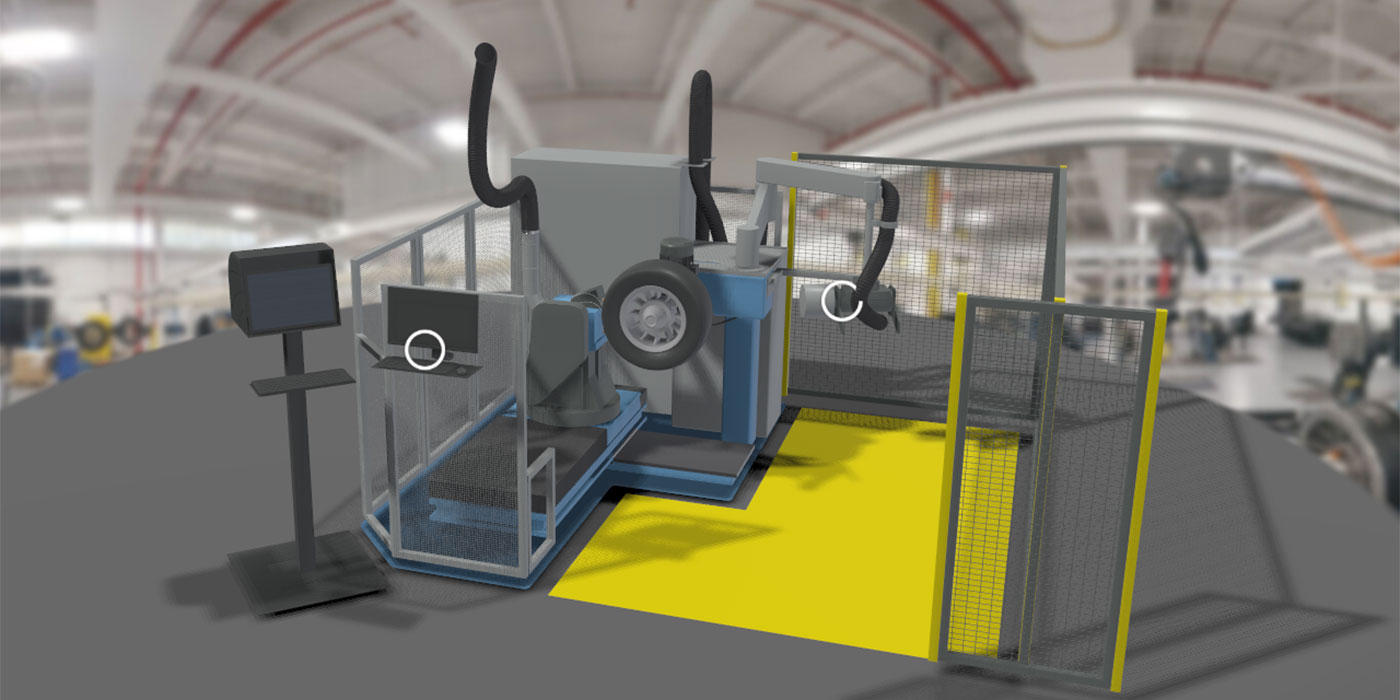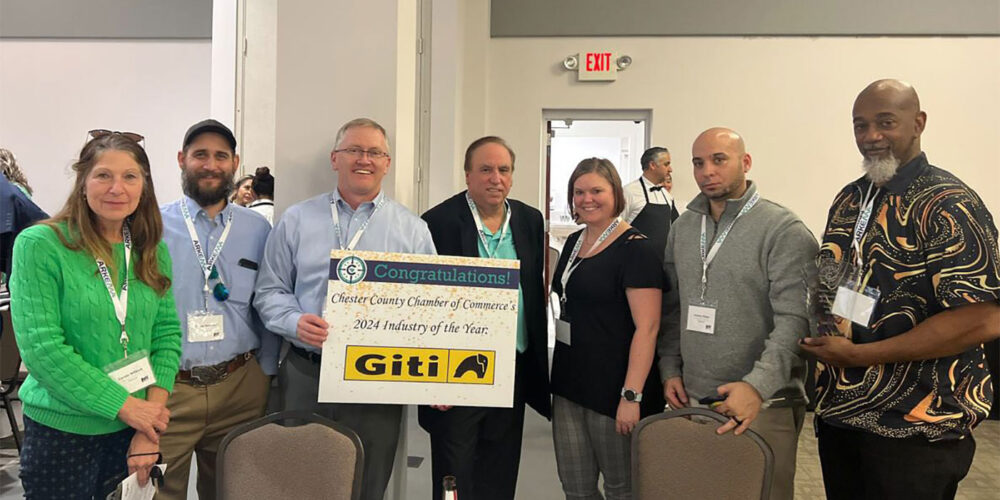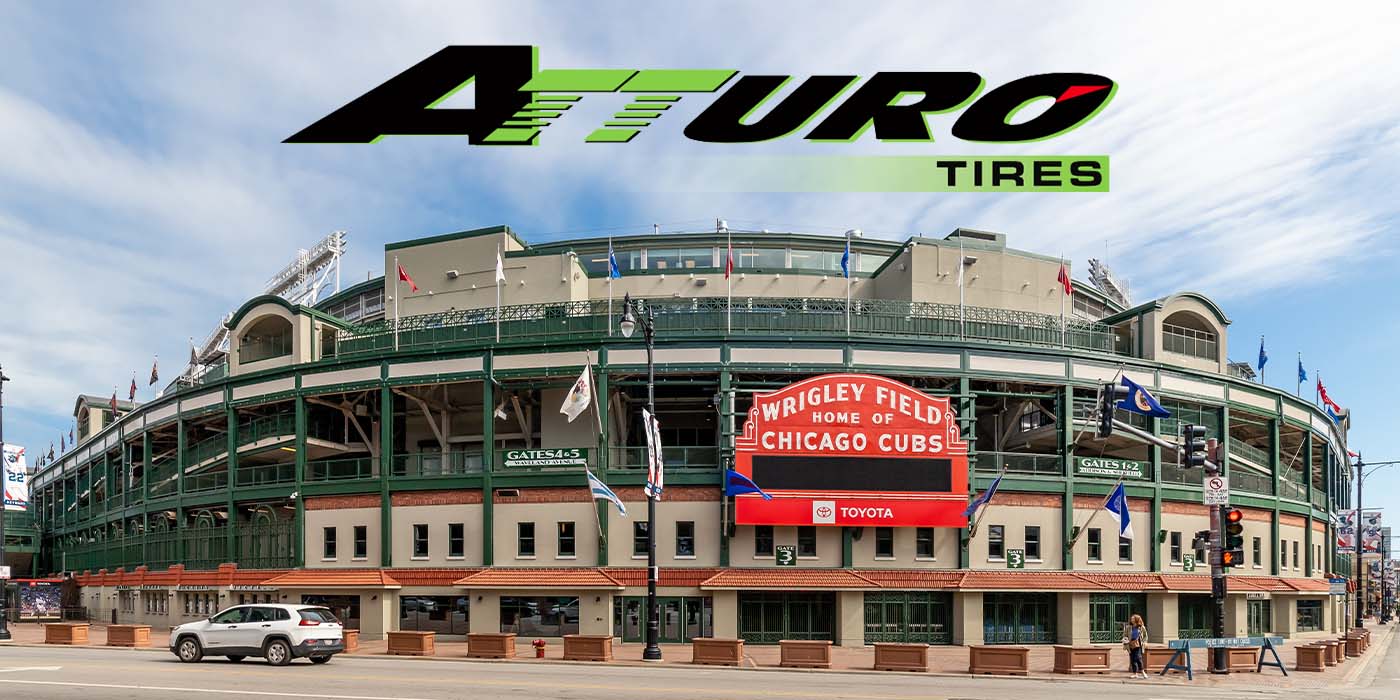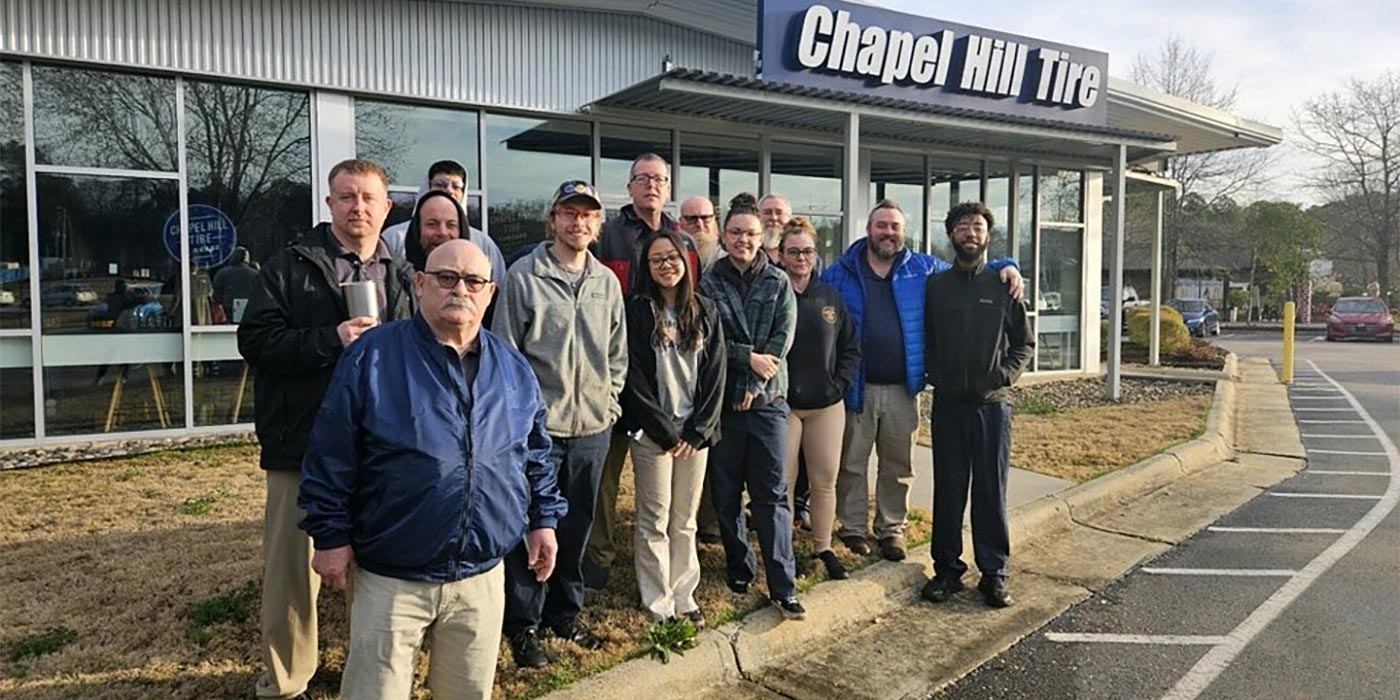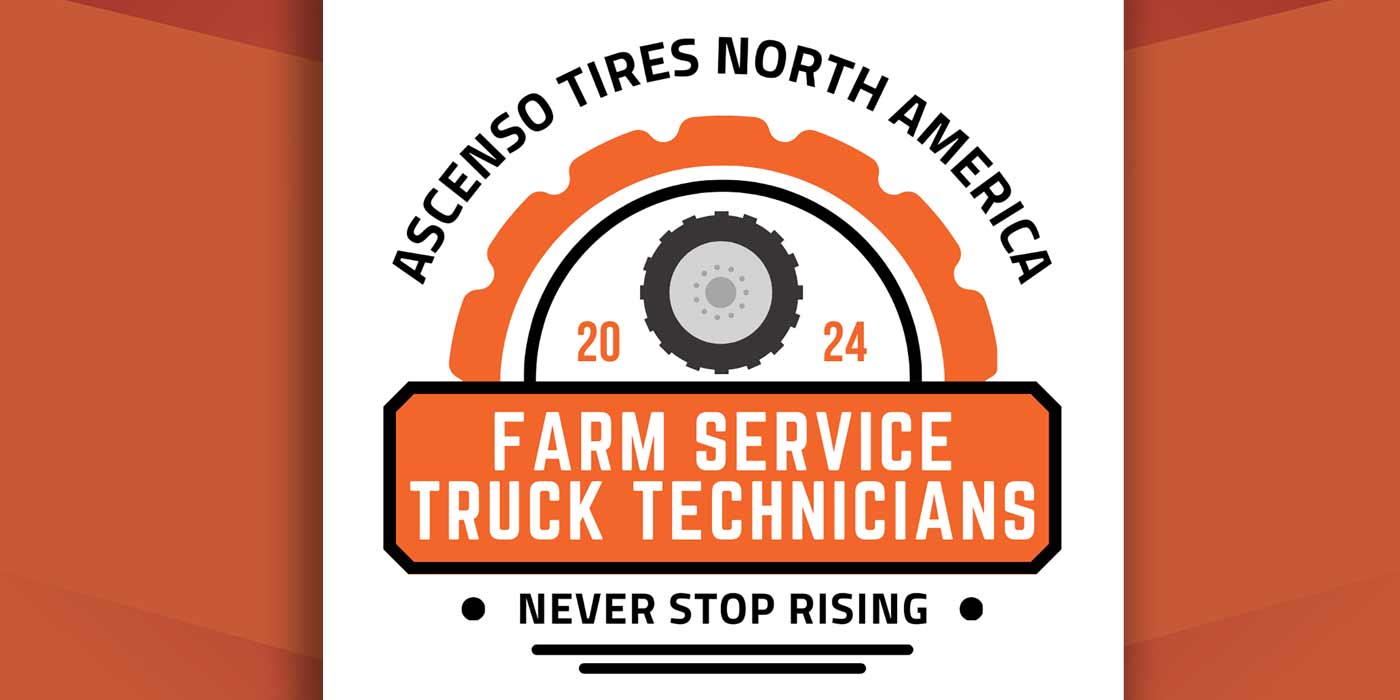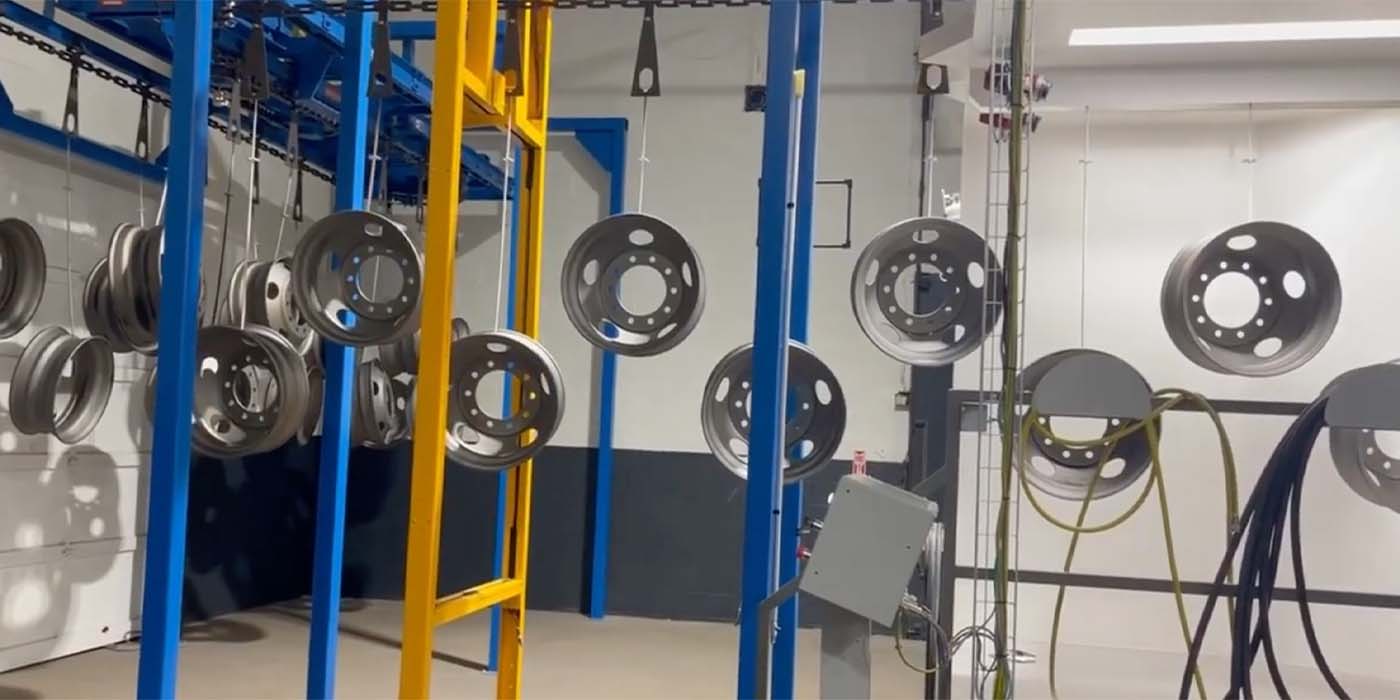Cosco, the former co-owner and CEO of Tirecraft, had sold the business in 2005, three years before it could no longer pay its bills. But he and his brother, John Cosco, had owned Tirecraft for more than 20 years. Like Katz and Rexall or Newell and Syncrude, the Cosco name is indelibly linked to the company.
So Cosco wasn’t surprised when, at this wedding, he was approached by an acquaintance who had heard the news. He was surprised by what he said.
“You must have got out just in time,” he said.
“No, actually, we didn’t,” Cosco replied.
It was, understandably, a sore point. When the Coscos sold Tirecraft Auto Centres Ltd. and Remington Tire Distributors Inc., the Edmonton-based company was, according to Cosco, thriving. He recalls five consecutive years of record sales and profitability leading up to the sale. “By an industry standard… it was phenomenally successful,” he says. “We were increasing shareholder value at a tremendous rate.”
News that the company had been forced into receivership had been swirling in the media for weeks. It was a salacious story: Tirecraft should have celebrated its 40-year anniversary in 2008. Instead, in the space of three years, a company with 800 employees, more than 330 affiliated dealers and a brand that had won awards for customer service imploded in a most public way. Ousted employees cut off without vacation or severance pay denounced management. Dozens of suppliers and creditors were owed millions of dollars.
The court documents reveal a company trajectory that reads like a John Grisham novel. It grew too fast, filed for credit protection and courted several interested buyers, but, mysteriously, all the deals fell through at the final hour. Most people were shocked when a receiver and a security guard appeared on the doorsteps of the 45 corporate stores, waiting to seize the company’s assets.
Cosco is so sure that the Tirecraft model was successful – can still be successful – that he and John have started another tire business, Integra Tire and Auto Centres. They have bought six former Tirecraft stores, and all of Integra’s staff are former Tirecraft employees. More than 40 former Tirecraft dealers have signed up under the Integra program; Cosco expects it will be around 60 “when the dust settles.”
By his own admission, Cosco isn’t sure why he’s decided to start this new business, which he admits is a “mammoth undertaking.” He believes it’s a good business opportunity, certainly. The management team, which includes his brother John and president Darrell Sept, knows the business. But Cosco had retired. Most retirements don’t include starting a business from scratch at a time when the economy is in the worst shape in recent memory. But though a bankruptcy is a legal matter, a dollars-and-cents matter, emotion is rarely far behind, and it plays a part of his decision here.
“I turn 60 next week,” Cosco says. “There are a lot of emotional reasons, so it is not strategic to some extent…. Tirecraft went into receivership. The employees were hurt in a serious way. Many suppliers were hurt. I was getting a lot of feedback from our associated dealers; they didn’t want to see it broken up.”
In fact, the company was picked over like a yard sale. Tirecraft left a void that its competitors were eager to fill. The Tirecraft Group was composed of three companies. Tirecraft, the retail branch, had become the largest tire retailer in Canada by number of store locations by the time it filed for creditor protection. Remington Tire Distributors was the largest independent wholesale distributor of replacement tires in Canada. And Canadian Treads Corporation, a tire re-treading operation, held a 27% market share in 2005, according to court documents.
The dealers of the 330 associated stores were soon vetting offers from Tirecraft’s former competitors. There were bids for the Tirecraft name. The 45 corporate-owned stores were put on the auction block.
Cosco is a lawyer. He has a lawyer’s instinct for the trouble words can cause. He doesn’t speak until he’s sure he can properly impart his meaning. When he talks about how former Tirecraft managers and co-owners have reacted to the new Integra brand, he says they are “enthusiastic,” but won’t elaborate further. (He doesn’t want to sound maudlin.) When he’s asked if Integra has confronted any challenges in securing relationships with creditors (many of which were burned by Tirecraft’s demise), he says, in a whopping understatement, “Well, going into receivership has never been viewed as a positive.”
He doesn’t exaggerate. So when he contemplates how a successful company can be run into the ground in only three years, shakes his head and says, “I think it is astounding” – well, you’re inclined to believe him.
In 2007, 451 businesses in Alberta went bankrupt. If that doesn’t seem like many, consider that 1.2 companies a day went bust. Collectively, they left behind deficiencies of more than $69.8 million that had to be borne by employees, suppliers, creditors and shareholders. Nationally, that amount approached $5 billion in 2007 – roughly the gross domestic product of Haiti.
As 2008 drew to a close and the financial crisis seemed to grow worse by the day, it became clear that homeowners weren’t the only ones too highly leveraged. Banks were cocky too; the one industry that should know better plainly expected the good times to roll on forever. Lehman Brothers’ collapse in September was the largest bankruptcy in United States history, but it wasn’t the only big-news bankruptcy: retailer Linens ’n Things and Circuit City, America’s second-largest electronics retailer, also filed for Chapter 11 bankruptcy protection. In a matter of months, the economic climate had turned from one of overconfidence to sober caution.
“While Alberta in particular has been on a bit of an island and somewhat immune to economic downturns, the most recent instability in the marketplace is going to reverberate through this economy as well,” says Sean Collins, a bankruptcy and restructuring lawyer with McCarthy TÉtrault in Calgary. “We seem to all of a sudden become popular again. There has been an unprecedented run in Alberta in particular, and that led to fewer and fewer people being employed in this area…. Those of us who have been left standing seem to be getting busier.”
Circumstances, by all accounts, are difficult. But the tire industry isn’t high finance. Many tire retail stores have been around even longer than the Alberta Tories have been in power. Tirecraft was founded in 1968; Fountain Tire, in 1956; OK Tire, in 1953. Tirecraft, like many of its competitors, acted as the marketing agent for the associate stores, which were owned outright by managers or in a partnership with the corporate body. The result was dealers who were invested in the business and knew the industry.
“You will find a lot of family and independently owned businesses that have been passed on from one to the other in the tire industry.
It is a very family-based industry, and I think you’ll find a lot of these companies originated with one person, one family,” says Kevin Rohlwing, the senior vice-president of training at the international Tire Industry Association.
After news of Tirecraft’s insolvency broke, there was some criticism that the new owners didn’t know the industry. The investment group included two sets of brothers: Martin and Roger Gouin and George and Ernie Votis. The Gouins are well-known figures in Alberta. They, along with their father, had sold Acheson-based North American Construction Group for $400 million in 2003.
One newspaper article described the man appointed president and CEO, Jean-Michel Locarnini, as “a Swiss with no tire experience.” In the fall of 2007, Locarnini was replaced by William Teeple, then president and chief financial officer. Teeple had been vice-president and chief financial officer of plastics company Moll Industries when it emerged from bankruptcy in 2003.
But circumstances continued to deteriorate. By April, the Tirecraft Group had applied for creditor protection. While the investors who bought Tirecraft could not be reached for comment and managers involved won’t talk on record about what they think went wrong, the court documents paint a large portion of the picture: the company expanded, timing was bad, recession murmurs grew louder and creditors grew nervous. The long winter delayed the sale of summer tires at that crucial time when Tirecraft needed people to buy tires.
In court, Rick Reeson, one of the lawyers representing Tirecraft, stated that the company’s financial problems began when Michelin spotted a problem with Tirecraft’s balance sheet. “First and foremost, we rely heavily on tire suppliers and, in particular, we rely on Michelin,” Reeson told the court. “We used to have a $40-million unsecured credit line with Michelin. Michelin had some concerns with our balance sheet and our financial results, and as a result cut us back to, in effect, $20 million…. But because of their concerns with the financial status of the company, and, quite frankly… our inability to be able to pay them on an ongoing basis, they’ve cut off our supply.”
Michelin was Tirecraft’s largest supplier, accounting for 30% of sales. During the six-week period in March and April of 2007 when Michelin stopped supplying product, sales dropped; by the end of the fiscal year, sales were down $35 million. Michelin subsequently agreed to grant a $20-million line of credit ($10 million secured by CIT/CIBC Canada), but by March 1, Tirecraft still couldn’t bring its payables current with Michelin, and the supplier cut off its shipments again.
When the judge asked what Michelin had seen in the balance sheet to cause it to cut back on Tirecraft’s credit, Reeson cited the recent acquisition of Quebec-based President’s Tire, a slowdown in the oil and gas sector (which affected sales by about $4 million per month) and a long winter, which meant fewer people were buying tires.
It’s not unusual for a business to experience growing pains when it acquires other companies. Growth can strain corporate culture and the bottom line. David Cosco estimates that in the decade before his family sold Tirecraft, the company grew by an average of 11 stores a year. At the time Tirecraft went into receivership, it had grown to include 48 corporate-owned and 335 associate stores – nearly doubling its store count in just three years.
In anticipation of future sales, the company had leased a “couple hundred thousand square feet” of space that sat empty. Of the 87 leased locations, four were specifically mentioned in a court document. Just these four cost the company $220,000 a month. For empty space. And the future sales never came.
As Tirecraft’s vice-president of sales and marketing both pre- and post-sale, Darrell Sept had an intimate view of the company’s spiral into receivership. But he was as baffled as everyone else not only when the company fell into such dire straits, but that it failed to find a buyer.
The Tirecraft Group intended, from the beginning, to sell the company as an operating business. An initial estimate pegged the value of a liquidated Tirecraft at about $45 million, only enough to pay the first secured creditor. Sold as a package, Reeson told the judge, the sale might command up to $80 million.
When Sept arrives for his interview, David Cosco is with him. “I’m here as his lawyer,” Cosco explains. (He’s friendly, but he’s not joking. He comments more than once that he’s been burned by the media before. It’s not clear whether this is a warning or an appeal.) So even if Sept has theories about what may have happened at Tirecraft, he’s reluctant to voice them for fear of lawsuits.
Now Sept is the president of Integra. He has a tightrope to walk. On the one side, he must convince customers and creditors that the newly minted Integra maintains Tirecraft’s good points: service and quality. Hence the name: “We chose ‘Integra’ to reflect the many years of integrity we’ve brought to the business,” Sept says. But on the other side, he has to distance the brand from the more recent, negative associations. When they were deciding whether to bid on the Tirecraft name, Cosco and Sept debated whether they even wanted it or if the dealers would want nothing to do with the brand.
“What happens if we don’t get it?” Cosco asked.
“If you get the name, 50% of the dealers you’ll have to convince it’s worth keeping. The other 50%, otherwise,” Sept said.
The point turned out to be moot. They were outbid by Kirk’s Tire and Trail Tire. Many of the former Tirecraft dealers Sept approached enthusiastically signed onto the Integra program anyway. Sept describes the feeling as one of relief.
“I think [the dealers] had experienced two – ” he pauses “challenging years.” He stumbles over the word “challenging,” unsure it adequately sums up the situation.
“Crappy?” Cosco chimes in.
Without the Tirecraft name, they decided not to expand beyond Western Canada. They’ll establish Integra in British Columbia, Alberta and Saskatchewan.
Convincing suppliers of Integra’s status, Cosco says, “took some explaining. They looked at us, and said, ‘You’re just a small part of Tirecraft, which just failed.’ We had to explain the situation. But it was clear that relationship we have with them now is very different from the one we had in June – and that’s understandable. If I were in their shoes, I would be the same way.”
On Tuesday, June 10, 2008, Larry Blanchette went to work at his Tirecraft store in Stony Plain. A long-time Tirecraft dealer, he owned half of the store and had invested 20 years of his life with the company. He had little reason to think the day would be different than any other day. It had been a nerve-racking time; as co-owner, he had a quarter-million on the line. But he had loyal customers and a profitable outfit. He couldn’t imagine that no one would buy Tirecraft.
“Most of us were extremely confident that a company this profitable and large would come through it,” he says. Bluntly, he adds, “We were blind.”
That Wednesday, he had reason to be optimistic. Once Tirecraft had arranged cash-on-delivery orders with suppliers, sales picked up. An affidavit from president William Teeple showed that just after the initial order, the average daily sales topped a million, an increase of 6.7%; two weeks later, it had increased by 9.8%. It boded well for the company’s ability to operate under the Companies’ Creditors Arrangement Act proceedings. The company had also repudiated some of the unnecessary leases, saving over $410,000 a month. And court monitor PricewaterhouseCoopers had been approached by 107 prospective purchasers. From among these, PwC had received eight letters of intent and selected two to put forth a proposal.
On May 15, the company signed an asset purchase agreement with Quebec-based Pneus Unimax LtÉe (Unimax). The sale was supposed to go through on Friday, May 30. But on May 30, Unimax terminated the agreement. According to PwC’s report, Unimax didn’t have the support of tire suppliers, landlords and senior employees of the Tirecraft Group. Unimax’s $3.6-million deposit was returned.
It was the death knell for Tirecraft. The company’s largest creditor, CIT Business Credit Canada, sent a notice of default and would only provide funding for necessary expenses – to “keep the doors open and the lights on.” All other expenses, including inventory purchases (without which there would be no sales), were suspended.
PwC went back to the remaining six bidders to try to drum up another offer. Two did – the Onni Group and the Stern Group, both Vancouver-based investment companies. But “Bidder A” (so-called in court documents) withdrew when its offer wasn’t accepted on the same day it was discussed. After discussions about the deterioration of working capital, “Bidder B” was still willing to extend its offer and even assist in funding the company’s operations prior to closing to protect the value of the business.
“On Friday, we thought the sale was going through,” Blanchette says. “The president of that company [Bidder B] talked to us personally and assured us. All the way through we were quite sure something would happen.”
Sept was in a similar situation. “I had personally dealt with some of the bidders,” he says, adding, “We left Friday thinking everything was progressing.”
On Monday, Bidder B withdrew its offer. The company cited significant deterioration in working capital, deteriorating sales as a result of the Tirecraft Group’s inability to purchase tire inventory and negative discussions with another major tiremaker regarding the future supply of tires. In a disturbing moment of deja vu, bringing to mind Michelin’s concerns with the balance sheet, Bidder B expressed concern over the accuracy of the company’s financial records.
The next day, CIT Business Credit immediately suspended funding operations, including payroll. By Wednesday, a representative from receiver Ernst & Young walked into Blanchette’s store. He brought a security guard.
“They showed up and said, ‘You’re done,’” Blanchette recalls. “Only being a 50% owner, they took me down with them. All assets, inventory and equipment were acquired by the bankruptcy.” Blanchette says he lost his quarter million.
The Tirecraft sign is still hanging at Blanchette’s Stony Plain dealership. But Blanchette has signed on with the Integra program. He and his son, Shawn, cobbled together the capital to start again. Blanchette shrugs and says, “I’ve been doing this for 20 years. Honestly, I’m too old to start another job.”
There was no shortage of other dealers courting their business. One, which bought the name, “lobbied pretty hard,” and Blanchette considered the offer; he already had the sign. But he decided to go with Integra, even though he wondered if it could manage to shed its Tirecraft associations. In the end, the deciding factor was David Cosco.
“When it came down to it, I have a 20-year history with the man, and he’s always been forthright, never BSd us. His program was very good, comparable to what we had,” Blanchette explains.
And the customers – the same ones that ranked Tirecraft highest in customer satisfaction among vehicle service providers in a 2007 J.D. Power and Associates survey – have been supportive. “The majority say, ‘We don’t care what sign is hanging out. We deal with you.’” Other than being in partnership with his son, Blanchette says this demonstration of customer loyalty is about the only positive thing to come out of the debacle.
All signs point towards Integra’s future success. The fact that other companies wanted the Tirecraft brand, even competed for it, suggests that its former associations will be helpful, not harmful. (No one, by contrast, has put bids on the Lehman Brothers name.) “They probably have a better chance than anybody because of the fact that their name is already there. They already have a reputation, a lot of their customers will be more willing to go back to them than anybody else. They’re definitely set up for success on that point,” says the Tire Industry Association’s Rohlwing.
But the spectre of Tirecraft will remain far longer than the Tirecraft sign that hangs at Blanchette’s dealership. As a cautionary tale, Tirecraft is a frightening one. It reveals that an unfortunate confluence of factors, from a poorly timed expansion to something as unavoidable as a long winter, may be enough to bring down any business. In the new, more cautious economic environment of 2009, it’s highly likely suppliers will be more nervous; credit will be harder to come by and businesses will be forced to become more risk-averse.
For his part, Blanchette will never take the security of his business for granted again. “Obviously we’re walking into this new venture with our eyes a little more open.” (Tire Review/Akron)




